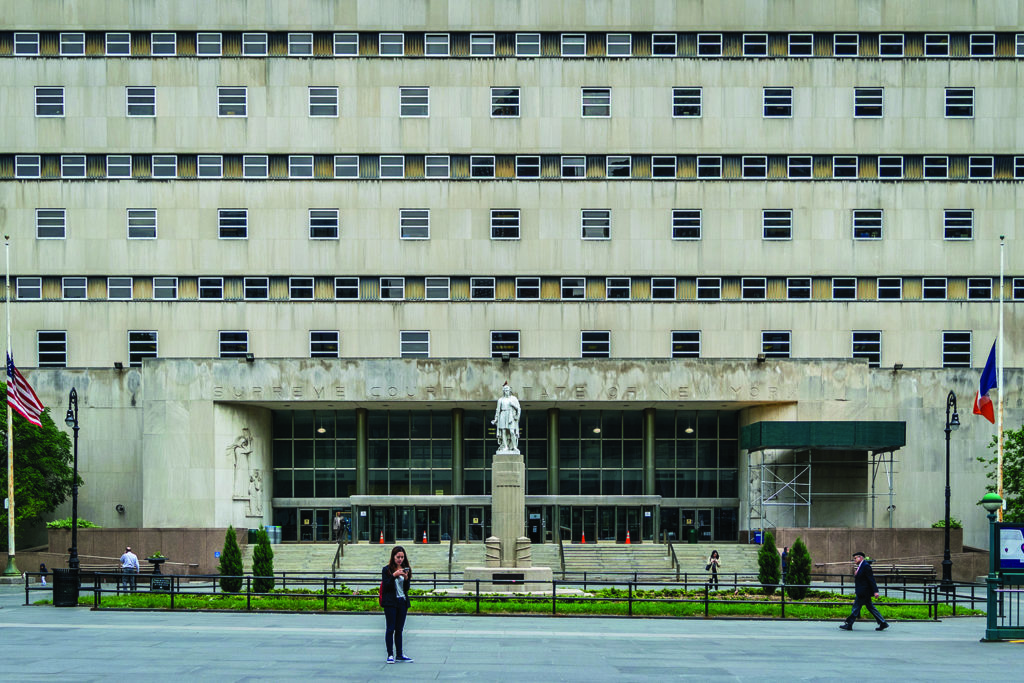 exemptions under FOIL and the broad duty to make government records available to the public.Photo: Rob Abruzzese/Brooklyn Eagle" width="1024" height="683" />
exemptions under FOIL and the broad duty to make government records available to the public.Photo: Rob Abruzzese/Brooklyn Eagle" width="1024" height="683" /> exemptions under FOIL and the broad duty to make government records available to the public.Photo: Rob Abruzzese/Brooklyn Eagle" width="1024" height="683" />
exemptions under FOIL and the broad duty to make government records available to the public.Photo: Rob Abruzzese/Brooklyn Eagle" width="1024" height="683" />
A case out of the Kings County Supreme Court, seen here, was recently overruled and the Appellate Division ordered the disclosure of the requested records, emphasizing the narrow construction required for exemptions under FOIL and the broad duty to make government records available to the public.
Photo: Rob Abruzzese/Brooklyn Eagle
Share this:

In a legal battle over the Freedom of Information Law (FOIL), the Kings County Supreme Court, presided over by Justice Francois Rivera, faced a case where Justin Sarkodie sought the disclosure of records related to his criminal case from the Kings County District Attorney. The Supreme Court initially denied Sarkodie’s request, agreeing with the District Attorney’s assertion that the records, being compiled for law enforcement purposes, were exempt from disclosure under Public Officers Law § 87(2)(e)(i) due to their potential to interfere with ongoing judicial proceedings, notably Sarkodie’s pending federal habeas corpus proceeding. The matter was escalated to the Appellate Division, Second Judicial Department, where the issue at hand was whether the FOIL request could indeed interfere with the judicial proceeding given the stay-and-abeyance order in Sarkodie’s federal habeas corpus case. The Appellate Division overturned the lower court’s ruling, finding that the stay-and-abeyance order, which paused the federal habeas corpus proceeding to allow Sarkodie to exhaust his state court remedies, meant that the FOIL request would not interfere with the pending judicial proceeding. Consequently, the Appellate Division reversed the Supreme Court’s judgment, granted Sarkodie’s petition, and ordered the disclosure of the requested records, emphasizing the narrow construction required for exemptions under FOIL and the broad duty to make government records available to the public.